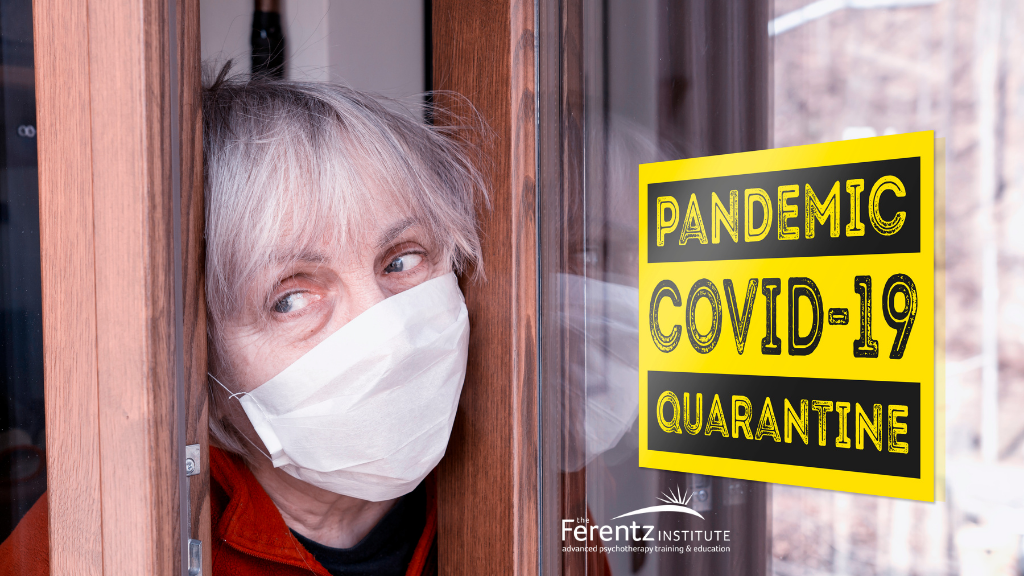
Although I believe we are truly a step closer to the end of this devastating pandemic, the mental health residue and various manifestations of PTSD continue to impact all of us. As we give thanks for the vaccine and the declining numbers of COVID-related hospitalizations and deaths we can’t lose sight of the myriad ways this past year has affected and continues to affect our emotions, cognitions, our bodies, and our behavioral choices. Clinicians and physicians are seeing dramatic spikes in depression, suicide, anxiety, domestic violence and child abuse, substance abuse and relapses from sobriety.
It’s imperative to keep assessing our clients’ physical and psychological wellbeing and to remind them of the basic but essential choices they can make to reclaim a sense of control and continue healing from the trauma of this past year.
And just as importantly we need to stay mindful of our own wellbeing and apply those same comforting and healing strategies to our own lives!
Remember to stress the ongoing importance of:
- good nutrition
- getting enough sleep,
- limiting exposure to the news and social media
- finding creative ways to exercise
- committing to staying connected, virtually, to friends and family
At a time when our worlds have gotten so small and isolated, it’s equally important to keep evolving mentally and physically by expanding our minds and bodies through movement, activities and creative hobbies. Encourage your clients to seek out and discover something new by taking an online course or reading the works of a new author. For some clients, the past year has created the opportunity for a deepening of their spirituality or faith, and this has been a surprising but welcome source of comfort. Again, apply these same strategies to your life as well!
Strategies that can outlast the pandemic.
Without minimizing the pain and challenges of the past year, we can try to reframe some of the feelings of isolation as opportunities for introspection and greater self-awareness. Stillness can be productive- whether we use it to quiet our minds or allow the fewer distractions to help us focus on and resolve something that has compromised our sense of inner peace. Whatever strategies we choose as long as they authentically resonant they will be beneficial. I am also weaving into therapy activities that include: journaling, daily thoughts or prayers and a reminder to focus on gratitude. We are all navigating an unprecedented time in our history and if we can hold on to a sense of gratitude for the blessings that remain in our lives, we will come out the other side of this pandemic wiser, stronger, and kinder than before.
What tactics are you incorporating into therapy that can help your clients overcome the impact that COVID has had on them? Please share your ideas in a comment.

